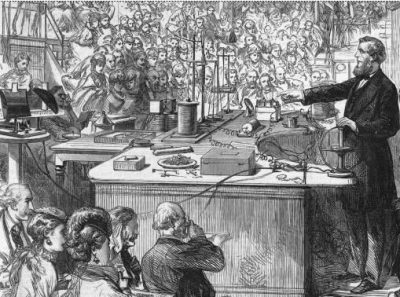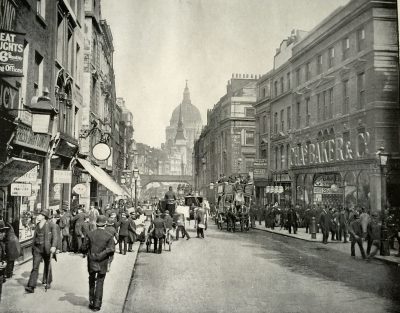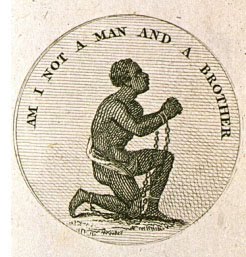British and American Science in the 19th Century
 Science as we know it today started in 19th century Europe. The British science that Darwin experienced while coming of age reflected the trends in European science. American science lagged behind that in Europe, but with the rise of US universities in the second half of the century, it began to rival the Europeans. Darwin was at the forefront of the creation of biological and geological research. His ground-breaking work on evolution helped legitimize serious biological research in a scientific environment dominated by the chemical and physical sciences. In this presentation, we will examine the scientific world that Darwin’s work entered, its reactions to that work, and the subsequent impact of his work on scientific thinking.
Science as we know it today started in 19th century Europe. The British science that Darwin experienced while coming of age reflected the trends in European science. American science lagged behind that in Europe, but with the rise of US universities in the second half of the century, it began to rival the Europeans. Darwin was at the forefront of the creation of biological and geological research. His ground-breaking work on evolution helped legitimize serious biological research in a scientific environment dominated by the chemical and physical sciences. In this presentation, we will examine the scientific world that Darwin’s work entered, its reactions to that work, and the subsequent impact of his work on scientific thinking.
Life in 19th Century England
 Charles Darwin lived in tumultuous times. From his birth in 1809 to his death in 1882, England passed from adjusting to revolutions by the lower classes through the rise of the middle class in the industrial revolution. Overcrowding and increasing pollution exacerbated the devastating effects of diseases in this pre-antibiotic era. The development of our modern sciences lead to advances in manufacturing and a greater understanding of the natural world. The rise of the British Empire increased social responsibilities and challenged prevailing attitudes about other cultures and peoples. All of this social and scientific ferment caused equal turbulence in atitudes and beliefs in religion. Darwin’s work had an impact on many of these areas and he was forced to respond both professionally and personally to several challenges to his attempts to lead a quiet life. This topic could focus on so many aspects, so let me work with you to frame it to fit your needs.
Charles Darwin lived in tumultuous times. From his birth in 1809 to his death in 1882, England passed from adjusting to revolutions by the lower classes through the rise of the middle class in the industrial revolution. Overcrowding and increasing pollution exacerbated the devastating effects of diseases in this pre-antibiotic era. The development of our modern sciences lead to advances in manufacturing and a greater understanding of the natural world. The rise of the British Empire increased social responsibilities and challenged prevailing attitudes about other cultures and peoples. All of this social and scientific ferment caused equal turbulence in atitudes and beliefs in religion. Darwin’s work had an impact on many of these areas and he was forced to respond both professionally and personally to several challenges to his attempts to lead a quiet life. This topic could focus on so many aspects, so let me work with you to frame it to fit your needs.
Darwin and Slavery in the 19th Century
 Slavery in Britain ended in 1772 and in most British colonies in 1833. Charles and Emma Darwin’s families were ardent abolitionists. Emma’s father, Joshua Wedgwood, was especially prominent and created a porcelain cameo with an abolitionist message that became widely fashionable. Charles’ attitudes against slavery were hardened by his experiences in Brazil, a Portuguese colony, where slavery was legal when he visited there on the Beagle voyage. This presentation will recount his experiences there and discuss the lasting impression these
Slavery in Britain ended in 1772 and in most British colonies in 1833. Charles and Emma Darwin’s families were ardent abolitionists. Emma’s father, Joshua Wedgwood, was especially prominent and created a porcelain cameo with an abolitionist message that became widely fashionable. Charles’ attitudes against slavery were hardened by his experiences in Brazil, a Portuguese colony, where slavery was legal when he visited there on the Beagle voyage. This presentation will recount his experiences there and discuss the lasting impression these
made on his political and scientific thinking. Darwin kept abreast of developments in the US Civil War and in correspondence with Harvard botanist Asa Gray expressed pessimism and then jubilation about the North’s efforts to eradicate slavery. The complex relationship between Britain and the US during this time will also be described in this presentation.